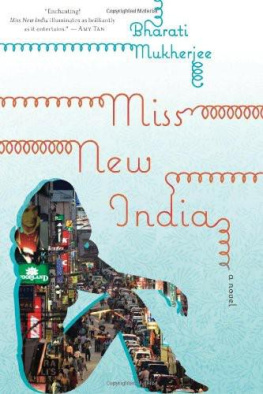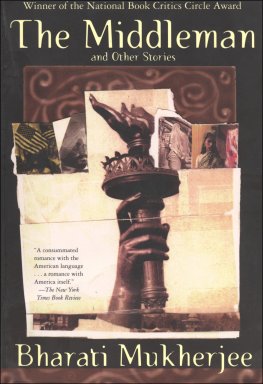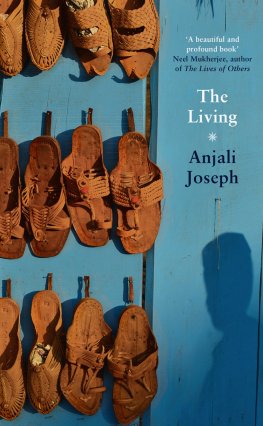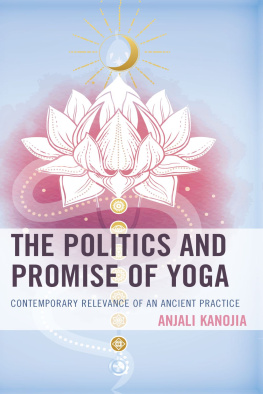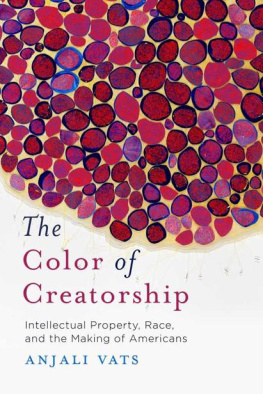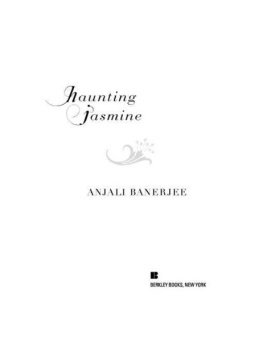Epilogue
It was a winter's day when the air was cool and the sunlight was wan and the mosquitoes were out in their post-monsoon exuberance. We were told to expect a visit by a da Gama alumna who had left Gauripur, found a job, and succeeded in ways our teachers always told us we could too. Her name was Anjali Bose, and many of us remembered her as a tall, outgoing girl, one of the Bengalis in the Hindi-speaking heartland of Bihar. She'd gone to fabled Bangalore and worked hard and found a modest position, then risen within it. Our teacher knew her well. He said she had "the spark," and thanks to her and millions like her, India was on fire. Even Gauripur was on fire. He was our fomenter of hope. She didn't bring the fire all by herself, but she was a "collateral beneficiary."
He said she was just one in a billion, but each of us had it in us to be another one in a billion. He said she, and a friend, would come to his corporate management class and give a little talk. If we were ready to listen, and to act, she had lessons to teach us.
What to say about Gauripur since she left? Maybe she'll notice a crane on the horizon, more women and children carrying bowls of cement on their heads, some painters' scaffolding around old buildings, and new apartment blocks being erected. Pinky Mahal's shored-up walls have been repainted sunflower yellow (although we still call it Pinky Mahal), and the flat roof now supports an atrium with a sky-top restaurant, and all five floors are serviced by elevators and even an escalator. Somehow the air conditioning is working, and shops that were dark for months are now well lit and full of shoppers. Alps Palace Coffee and Ice Cream Shop has relocated to the ground floor of Pinky Mahal, installed a dance floor, and hired an emcee.
The biggest change, potentially, concerns the future of Vasco da Gama High School and College. Gauripur is suddenly one of the "it" towns in the Ganges belt, meaning a future IT magnet, as the older, larger centers mature and become too expensive. A mofussil town like Gauripur has been identified as an emerging small city, with cheap land and housing and a cozy population of just under ten lakhsa million souls about to be launched into space. And so the church authorities are in negotiation with Infosys and others to create a satellite IT campus. Our mayor tells us we are the beneficiaries of the overspill; we're to be the next high-tech mega center. On new maps, we are represented by a star on the riverbank, halfway between Delhi and Kolkata. But the church is also trying to preserve the "educational mission" of the campus and pressuring Delhi to locate a new Indian Institute of Technology or perhaps an Indian Institute of Management, using the existing structures. One way or another, Gauripur will survive another century. The era of South Indian and Goan pedants reciting their lectures is over. "Materialism is outpacing spirituality," the rector told a local reporter. "It is a global phenomenon."
There's now a spirits store on LBS Road. No more back-alley booze. The atrium restaurant serves cocktails, Indian wines, and beer.
Our mayor predicts a promising future for Gauripur, just as placards outside Pinky Mahal once did. When Pizza Hut opened a branch, he announced, "Imprisoned inside every clerk in Gauripur is a painter or musician or poet. No one will ever feel the necessity to leave Gauripur. We will have schools for music, for art, for science, for medicine. We will have a subway, mark my words! My ambition is to nurture the next Hussein, the next Ravi Shankar, nothing less."
S HE AND PARVATI flew to Ranchi, then hired a car and driver to Gauripur. Anjali had, in effect, been adopted, and Parvati wanted to see it allthe school, the old neighborhood, the studio where Rabi had photographed herand to meet Peter Champion on his turf, not hers. "Truly," Parvati said, "it must be a magical place, no? How fortunate for you to have been born in such a nurturing town, simmering with potential, just before it took off." Was it the refocusing of eight months' exile or an authentic change? Anjali couldn't tell, but Gauripur wasn't the desert she remembered and had been describing. It was a city; it extended ten kilometers in every direction from Nehru Park. And Nehru Park was refurbished by the Volunteers for Beautification Committee. Children were climbing on slides and pumping their legs on new sets of swings.
She walked the familiar streets with Parvati, but now she saw changesmaybe they'd always been therea cinema house, the Bihar State Emporium, and apartment blocks rising from razed, abandoned estates. "What a charming town!" Parvati exclaimed, against Anjali's every unstated objection. "This is the Old India!" she said. "I can see what Peter was talking about that night at Minnie's! Poor Minnie."
And so they made their way down LBS Boulevard to Peter's apartment. Evening was falling, and terra-cotta dias lighted the outside stairs. Even before they started to climb, the blue door opened, and there was Peter at the top of the stairs, pushing a much-aged, almost unrecognizable Ali in a wheelchair. "Welcome, welcome," he called. They must have seen behind him, in the well-lit apartment, the crowd of friends and students he'd invited for the talk. Ali smiled and raised his hand in greeting.
Part One
Part Two
Part Three
Part Four
1
Through the car horns and jangle of an Indian street at market hour came the cry "Anjali!" but Anjali was not the name she answered to. Over blaring music from open-front shops she heard it again, sharper for its foreign edge: "Anjali!"
At nineteen, Anjali Bose was a tall girl, one hundred and seventy-three centimetersfive foot eighttaller than most boys in her college. She was on the girls' field hockey team. She smiled readily and when she did, she could light up a room like a halogen lamp. The conventional form of Indian femininity projects itself through long-lashed, kohl-rimmed, startled black eyes. Modest women know to glance upward from a slightly bowed head. Anjali did not take in the world with saucer-eyed passivity. Her light, greenish eyes were set off by high cheekbones and prominent brows. Her face resolved itself along a long jaw and generous mouth, with full lips and prominent teeth. Her parents, looking to the day they would have to marry her off, worried openly about her overly assertive features. But the rare foreigners who passed through town, health workers or financial aid consultants for international agencies, found her looks striking and her boldness charming. Speaking to them, she sometimes claimed a touch of Burmese or Nepali ancestry. She told many stories, all of them plausible, some of them perhaps even true. She always made an outstanding first impression.
On any street at market hour in the provincial town of Gauripur, in the state of Bihar, there could be a dozen Anjalis"offerings to god"but no man not a relative would dare call them by name. Most of those other Anjalis would be married, hobbled by saris, carrying infants or clutching the hands of toddlers while their husbands haggled for fish and vegetables. To be hailed from the street by a man on a scooter would be scandalous. The call had to be for her, the strider in jeans and a T-shirt advertising the maiden tour (Hamburg, Stuttgart, Kln, Basel, Zrich, Wien, Bratislavashe loved the umlauts) of Panzer Delight, a German punk-rock band, some few years backthe young woman who could wait to be called by the name she preferred, Angela, or better yet, Angie. A rusty old Lambretta scooter, the kind that had been popular with Gauripur's office workers way back in the 1960s, braked to a wheezing stop; its driver waved and nudged it toward her through the blue diesel smoke from buses and trucks, the dense clutter of handcarts and bicycles: swollen, restless India on the move.

